Dr Sara Ashencaen Crabtree and Professor Jonathan Parker from the School of Health and Social Care discuss some of their recent research that explores the experiences of exchange students.
Although internationalisation is much wider in reach than student exchanges it is recognised that such exchanges can play a critical part in enhancing students’ appreciation and understanding of global issues. In this blog we describe some of our research exploring the experiences and perceptions of students undertaking an exchange and their ensuing culture shock. Accordingly, a three-year British Council PM1 2 funded research study into student mobility has provided a wealth of data on student learning in international social work placements; although this also provides some important implications for other types of international student exchanges.

BU students at a dinner hosted by Universiti Sains Penang
In respect of these particular student opportunities, the sustainable development of the placements was created through the forging of Memoranda of Understanding with two participating universities: Universiti Malaysia Sarawak (UNIMAS) in East Malaysia; and Universiti Sains Malaysia (USM) in Penang. The history of the two universities differ; where like BU, UNIMAS is a new university, but with a lively social science faculty, which has been home to a thriving social work programme from the institution’s inception. USM, by contrast, is a long established, APEX status, research-intensive university, boasting the oldest academic social work provision in the country, and where social work programmes are offered at undergraduate, masters and doctoral level.
Consequently, BU social work students on international placements were able to benefit from an international support network of experienced academics working in concert for the duration of the placements, as well as receiving day-to-day support from local agency staff at the placement settings. The research element of the placements focused on the process of student learning in an unfamiliar cultural context, in which the writing of a daily log and a critical incident analysis formed the raw data collected by the students.
An analysis of data indicates that the concept of liminality – a process of moving through experiences from a status-less position to one of becoming – is useful in understanding the transitions experienced by the students and their confrontation with professional and personal values, often markedly different from their own. These are duly reflected on in terms of the mediation of the domains of familiar and unfamiliar ‘cultures’ and disciplinary practice. Liminality was also demonstrated by an awareness, new for some, of minority status and how this was perceived in the local context. Exposure to unfamiliar norms relating to gender, religion and culture, were also experienced, where, for example, previously unquestioned assumptions relating to Islam and women were re-examined upon encountering ‘strong’ Muslim feminists.

BU Student, Gatrine Muldoon, with the indigenous family who 'adopted' her.
Other aspects of liminality were constituted through the experience of encountering alternative ideological constructs, such as that of meritocracy as opposed to equal opportunities, ‘triage’ welfare provision as opposed to universal rights, or the strongly promoted Confucian values of family self-reliance wherever possible, even under the circumstances of absolute poverty. These experiences bring the students into sharp relief with their own, often, ethnocentric values, challenging notions of diversity, acceptance and cultural norms which, when worked through, can provide a depth of cultural sensitivity important in working in the contemporary global world.
While analysis of the data continues and the nexus of collaboration has widened over time to encompass other programmes in HSC, such as the new BA Sociology and Social Policy, dilemmas of how such partnerships may be fostered for mutual benefit in terms of expectation and reciprocation are raised. This has relevance for international partnerships between institutions where, for example, significant socio-economic differentials may exist, or where institutional research and resource capacity are unequal.
The outcome of this study, however, indicates a need to theorise teaching and learning in order to more comprehensively address global and internationalisation issues within and beyond the classroom setting. This also requires ways to address ethnocentricity effectively, so often implicit in the perspectives and assumptions of individuals, even those with insight into cultural relativity. Finally, the conclusion of this study will lead to practical outcomes in terms of follow-up research to examine whether international placements enhance employment opportunities for graduates.
 A short while ago Richard Berger, Head of Postgraduate Research for the Media School, submitted a proposal to the Research Proposal Review Service. This is his story…..
A short while ago Richard Berger, Head of Postgraduate Research for the Media School, submitted a proposal to the Research Proposal Review Service. This is his story….. Research by
Research by 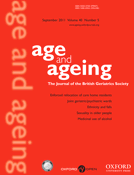 Prior to this project Samuel undertook a systematic review of older people’s participation in falls prevention interventions. Earlier this year Samuel presented this research at a symposium in Italy for the European Congress of the International Association of Gerontology and Geriatrics, which he also co-chaired. He will also present this work as one of the six selected oral presentations at the forthcoming
Prior to this project Samuel undertook a systematic review of older people’s participation in falls prevention interventions. Earlier this year Samuel presented this research at a symposium in Italy for the European Congress of the International Association of Gerontology and Geriatrics, which he also co-chaired. He will also present this work as one of the six selected oral presentations at the forthcoming 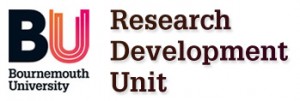
 Richard Brooks and Katherine Timms, Officers from CRE Operations, recently attended a training session called Total Proposal run by Aron Cronin, director of GIC limited. GIC limited is an international management and business consultancy specialising in business development and training services.
Richard Brooks and Katherine Timms, Officers from CRE Operations, recently attended a training session called Total Proposal run by Aron Cronin, director of GIC limited. GIC limited is an international management and business consultancy specialising in business development and training services. 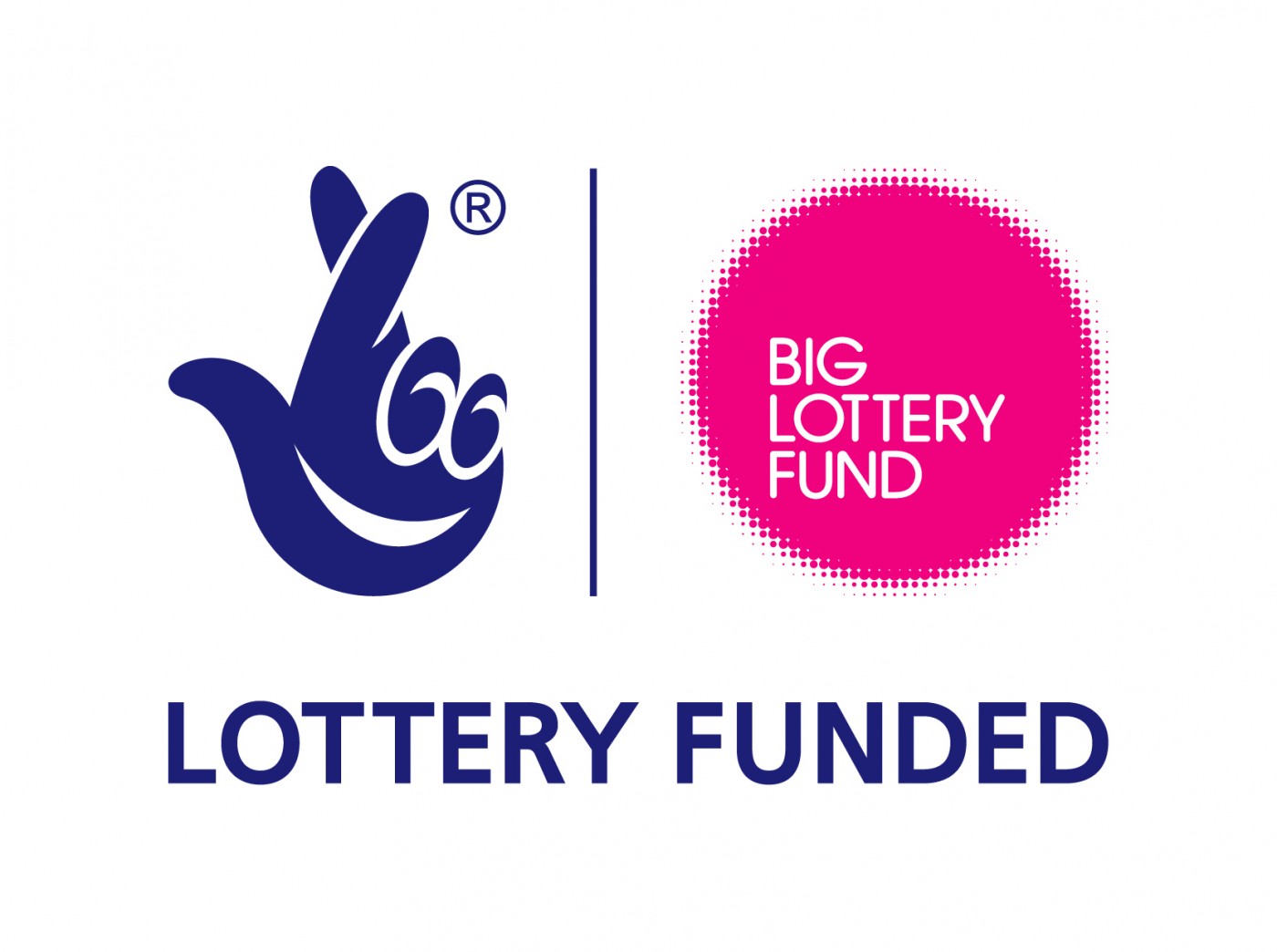
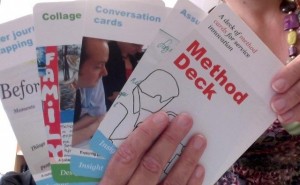 The content of the Method Deck will be particularly informed by the findings from two recent research projects at HSC: The Gay and Grey Project (2006) funded by Big Lottery led by Dr. Fenge and The Gay and Pleasant Land? Project (2009-2012), funded by the UK Research Councils under the umbrella of the New Dynamics of Ageing Programme. The Method Deck will support practitioners to reflect on their own practice, the agency context and the wider structural issues which influence the experiences of older lesbians and gay men in their local communities. Development of the deck will begin shortly with the input of the project’s community partners.
The content of the Method Deck will be particularly informed by the findings from two recent research projects at HSC: The Gay and Grey Project (2006) funded by Big Lottery led by Dr. Fenge and The Gay and Pleasant Land? Project (2009-2012), funded by the UK Research Councils under the umbrella of the New Dynamics of Ageing Programme. The Method Deck will support practitioners to reflect on their own practice, the agency context and the wider structural issues which influence the experiences of older lesbians and gay men in their local communities. Development of the deck will begin shortly with the input of the project’s community partners.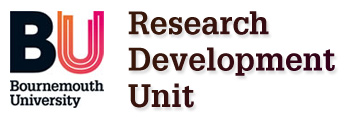



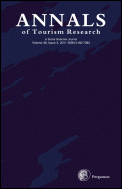
 The Annals of Tourism Research is rated a 4* journal in the
The Annals of Tourism Research is rated a 4* journal in the 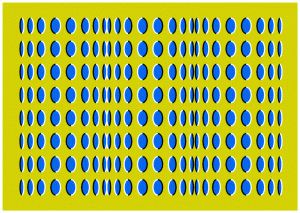
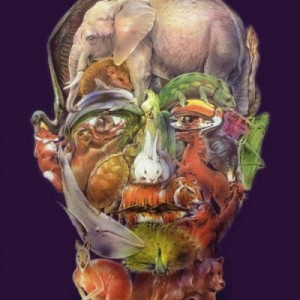


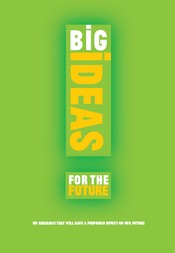
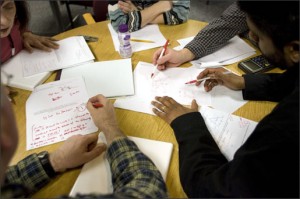 This is an update on the ‘Collaboration Tools for Academics’ project that many of you will have contributed to. The project is being run by Amina Uddin, Steve Webster, Matthew Bennett, Julie Northam, Alan Fyall, Sarah Hearn and Clive Andrews on behalf of the academic community as a whole. The project seeks to deliver a set of useful services that have been identified by the academic/research community as the most useful in supporting collaborative work whether it be for education or research.
This is an update on the ‘Collaboration Tools for Academics’ project that many of you will have contributed to. The project is being run by Amina Uddin, Steve Webster, Matthew Bennett, Julie Northam, Alan Fyall, Sarah Hearn and Clive Andrews on behalf of the academic community as a whole. The project seeks to deliver a set of useful services that have been identified by the academic/research community as the most useful in supporting collaborative work whether it be for education or research.










 REF Code of Practice consultation is open!
REF Code of Practice consultation is open! BU Leads AI-Driven Work Package in EU Horizon SUSHEAS Project
BU Leads AI-Driven Work Package in EU Horizon SUSHEAS Project Evidence Synthesis Centre open at Kathmandu University
Evidence Synthesis Centre open at Kathmandu University Expand Your Impact: Collaboration and Networking Workshops for Researchers
Expand Your Impact: Collaboration and Networking Workshops for Researchers ECR Funding Open Call: Research Culture & Community Grant – Apply now
ECR Funding Open Call: Research Culture & Community Grant – Apply now ECR Funding Open Call: Research Culture & Community Grant – Application Deadline Friday 12 December
ECR Funding Open Call: Research Culture & Community Grant – Application Deadline Friday 12 December MSCA Postdoctoral Fellowships 2025 Call
MSCA Postdoctoral Fellowships 2025 Call ERC Advanced Grant 2025 Webinar
ERC Advanced Grant 2025 Webinar Update on UKRO services
Update on UKRO services European research project exploring use of ‘virtual twins’ to better manage metabolic associated fatty liver disease
European research project exploring use of ‘virtual twins’ to better manage metabolic associated fatty liver disease